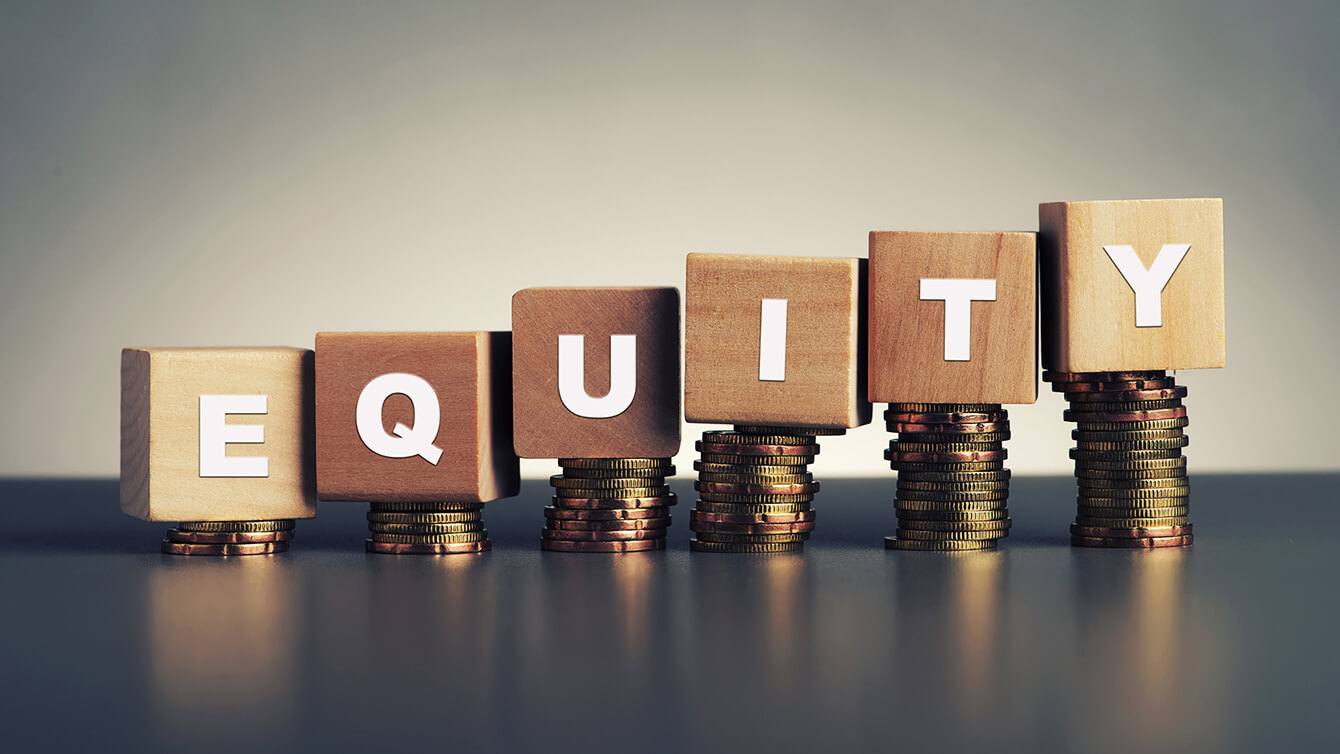
What Does Equity Mean in the Share Market?
What is equity?
In the share market, equity refers to ownership interest in a company represented by shares of stock. When an individual or entity holds equity in a company, they own a portion of that company proportional to the number of shares they hold relative to the total outstanding shares.
Table of Contents
The difference between equity and stocks
Equity refers to ownership interest in assets, while stock specifically denotes ownership units in a corporation. Stocks are a type of equity that represent ownership in a company. Shareholder equity represents the remaining stake in a company’s assets once liabilities are subtracted, while owning stock offers distinct privileges and advantages as a partial owner of a corporation.
How does shareholders’ equity work?
Equity shareholders are considered the residual owners of a company, as they have a claim on the company’s assets and earnings after all debts and other obligations have been paid.
Shareholders’ equity is calculated as follows:
Shareholders’ Equity = Total Assets − Total Liabilities
What is equity trading?
Equity trading refers to the buying and selling of company stocks or shares that represent ownership in a corporation.
Stock exchanges:
Equity trading takes place on stock exchanges such as the New York Stock Exchange (NYSE), NASDAQ, London Stock Exchange (LSE), and others, where buyers and sellers come together to trade stocks.

Market participants:
Market participants in equity trading include individual investors, institutional investors, hedge funds, mutual funds, and high-frequency trading firms, among others.
Types of trades:
Equity trading includes various types of orders, such as:
- Market orders
- Limit orders
- Stop orders
Trading strategies:
Investors and traders use different strategies in equity trading to capitalize on market opportunities, including:
- Day trading
- Swing trading
- Value investing
- Growth investing
Risk and return:
Equity trading involves risks, including market volatility, company-specific risks, and economic factors that can affect stock prices. Investors aim to achieve returns by buying stocks at a lower price and selling at a higher price.
Regulation:
Equity trading is regulated by financial authorities to ensure fair and transparent markets. Regulations govern trading practices, disclosure requirements, and investor protection.



Comments: 0